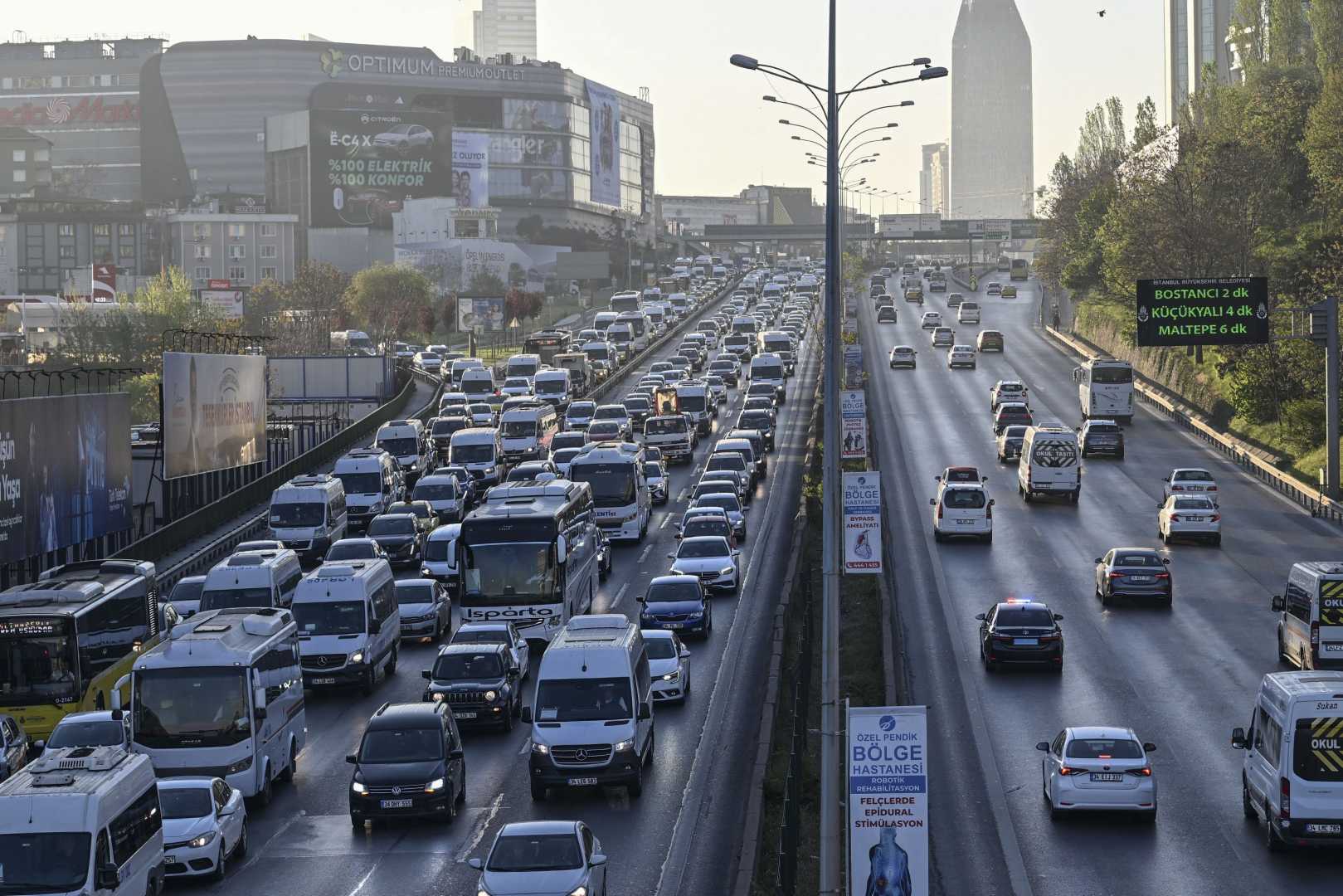News
Istanbul Tops Global Traffic Congestion List in 2024

ISTANBUL, Turkey — Istanbul has been named the city with the worst traffic congestion in the world for 2024, according to a report by U.S.-based data company Inrix. Drivers in the Turkish metropolis lost an average of 105 hours to traffic delays over the year, surpassing other major cities like New York and London.
The ‘2024 Global Traffic Scorecard’ report, which analyzed traffic conditions in over 900 cities across 37 countries, revealed that Istanbul topped the list for the first time, overtaking New York, which had held the top spot for several years. The city’s drivers faced 105 hours of traffic delays, up from 91 hours in the previous year.
New York and Chicago followed closely, with drivers losing 102 hours each, while London ranked fourth with 101 hours. Other cities in the top 10 included Mexico City (97 hours), Paris (97 hours), Cape Town (94 hours), Jakarta (89 hours), Los Angeles (88 hours), and Brisbane (84 hours).
The report highlighted that 69 out of the top 100 cities experienced increased traffic congestion in 2024 compared to the previous year. Jakarta saw the most significant rise, with a 37% increase in traffic delays, while Bangkok experienced a 17% increase. In contrast, Boston recorded the largest decrease in congestion, with a 10% drop.
In Europe, London led the rankings with 101 hours of traffic delays, followed by Paris (97 hours) and Dublin (81 hours). Notably, Düsseldorf in Germany saw the most significant rise in Europe, climbing 29 places to 18th in the rankings.
Bob Pishue, a transportation analyst at Inrix and the report’s author, noted that urban travel has surged as remote and hybrid work models adopted during the COVID-19 pandemic have been scaled back. ‘Traffic is a sign of economic recovery, but it also poses a challenge to productivity and environmental sustainability,’ Pishue said. ‘Every minute spent in traffic translates to lost time, money, and efficiency.’
Istanbul’s traffic woes are exacerbated by its rapidly growing population and insufficient transportation infrastructure. The city’s reliance on private vehicles for daily commutes has further intensified congestion, leading to significant economic and environmental consequences. Experts suggest that promoting public transportation, expanding cycling infrastructure, and integrating smart traffic management systems could help alleviate the issue.
Alternative transportation options, such as increased use of maritime routes and incentives for electric vehicles, are also seen as potential solutions. ‘In a city as large as Istanbul, traffic problems are inevitable, but they are not insurmountable,’ said a local transportation expert. ‘Strategic investments and policy changes can make a significant difference.’












